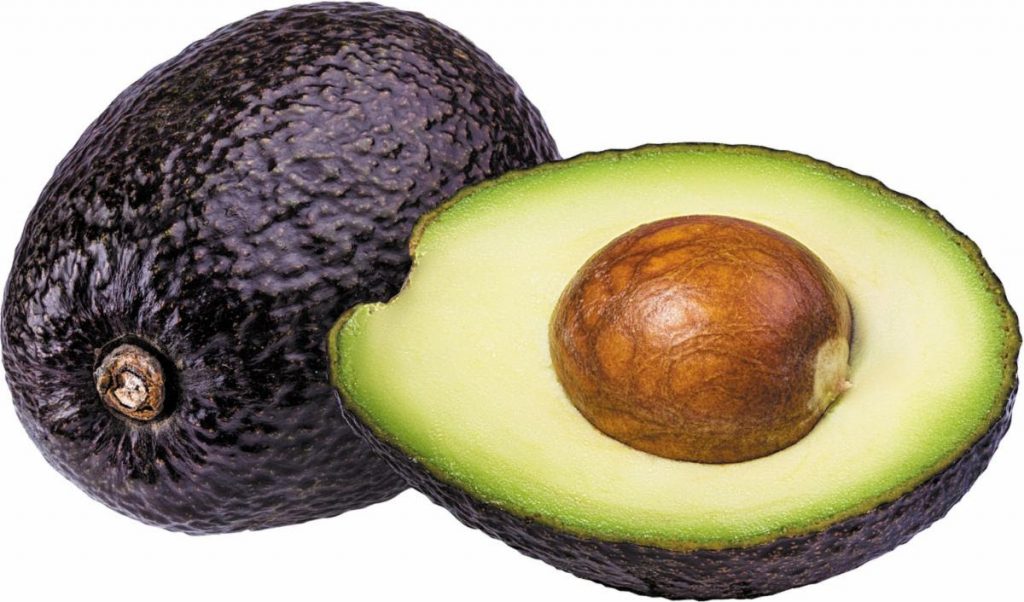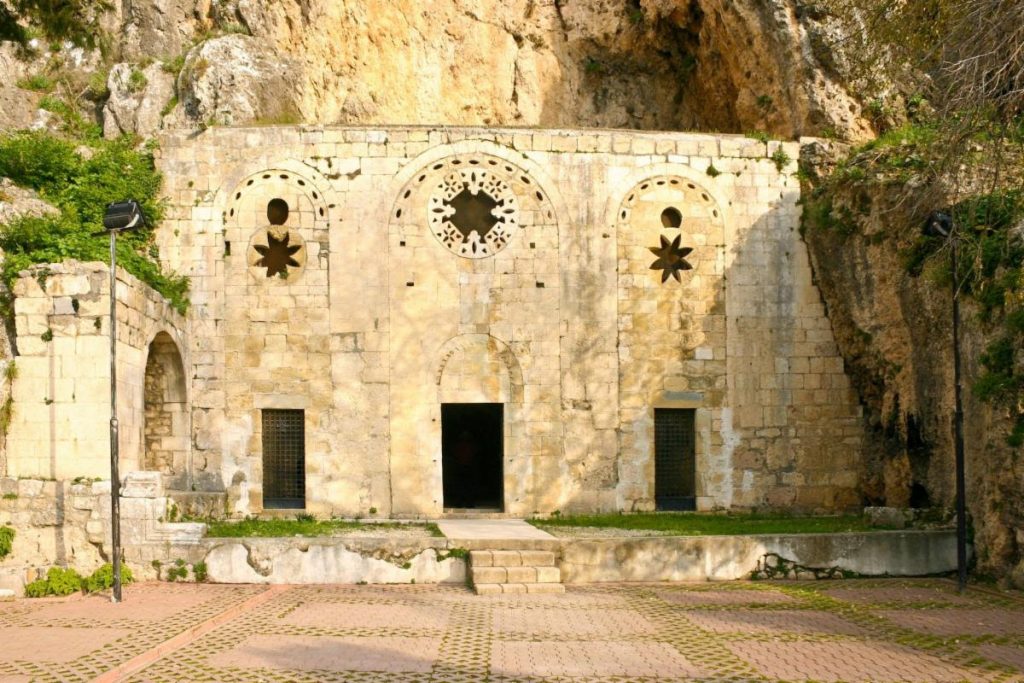| Acts 11 My new barber Ramiro came to my house last week and gave me a very decent haircut. Bald men, too, distinguish been bad haircuts and good haircuts, and Ramiro is my new barber. He is from the campo and his Spanish is colloquial and at times difficult to follow, though we had a long and spirited discussion about how to make a good guacamole. There are various kinds of avocados in Guanajuato, including the dark, thin-skinned variety that is almost impossible to peel and ought just to be eaten whole, rind and all. This is not the preferred variety of avocado for guacamole. A good molcajete, we agreed, was essential, and it is best to roast your jalapeños, and any other chilies which may be used. Garlic is important, cilantro, onion, lime and tomato optional, and we concurred that picante was best. I was pretty hungry by the time Ramiro packed up his gear and took his leave. |

| Peter has some splainin’ to do when he gets to Jerusalem. “Why did you go to uncircumscised men and eat with them?” the Jerusalemites want to know; and hence Peter recounts his tale, which leaves them silenced if not entirely satisfied. The Book of Acts is all about conversion to a new vision of how God is working in the world. The many accounts of conversion in Acts are about beginnings, vocations, and the embrace of new gifts. Many of the conversion stories are about the transformation of entire groups of people, and all of them pertain more to process than to a particular moment. In our radically individualized milieu, we do well to note that in the Book of Acts conversion is adoption into a new iteration of human family: a social, corporate and political (in the non-partisan sense) phenomenon. The Roman Catholic theologian Hans Kung, silenced by the last pope, wrote in his book ‘The Church’: “We are not to shut ourselves off from the world in a spirit of asceticism, but to live in the everyday world inspired by the radical obedience that is demanded by the love of God. The church must be reformed again and again, converted again and again each day, in order that it may fulfill its task.” (page 438) Through the inclusion of the Gentiles, God’s molcajete sees the addition of fresh ingredients. A great many Hellenists convert to the new discipline in Antioch, so Barnabas is sent to that handsome town. The work is over-whelming, so Barnabas fetches Saul (still not called Paul) from Tarsus, and they co-labor for a year in Antioch, where the disciples were first called “Christians.” The Church has cohered, and its people, a mix of folk from every sort of background, now have a name. ‘Semper reformanda’ was one of the ‘oft repeated theological points made during the English Reformation and in Richard Hooker’s explanation for an Anglicanism that was truly catholic though protesting medieval accretions to faith and practice…the Church is always reforming itself. Every time we see a woman at the Altar, or wearing a mitre; every time we look around and take note of the variety of people who make up St. Paul’s (even on ZOOM); we are witness that our strand of Christianity continues to work its guacamole. The recipe is not fixed, the ingredients are in flux, and taking turns at the molcajete is a great deal of fun. Pass me a Dos Equis. Ramiro, by the by, has one of those fancy medical grade N-95 face masks. Depending on how COVID-19 is performing locally in June, next time he comes to shear the rector (should this seem right), he may be willing to take appointments for open-air haircuts, 200 pesos each, on the porch of St. Paul’s. Finger to the wind on this as on all matters, and, should it come to pass, I’ll flag you on the EPISTLE. Photo below: St. Peter’s rock-hewn church in Antioch, Turkey, where I have celebrated Eucharist. ‘Guacamole’ a tune by Kevin Johansen HERE Grace and peace, The Reverend Canon George F. Woodward III Rector FROM ‘CELEBRATING COMMON PRAYER’ A version of the Daily Office SSF “Blessed be God whose victory creates a new people, who make his home among the weak, who delivers us from death, and who brings joy and blessings beyond our imagining. Blessed be God for ever. Amen.” (pg. 76) Previous Reflections may be found on the parish website StPaulSMA.com under ‘Blogs’ here. YouTube postings are available here. Previous editions of THE EPISTLE can be found here. |

| St. Paul’s Anglican Church Calzada del Cardo, 6 Centro 37700, San Miguel de Allende, Mexico 415.121.3424 www.StPaulSMA.com |
